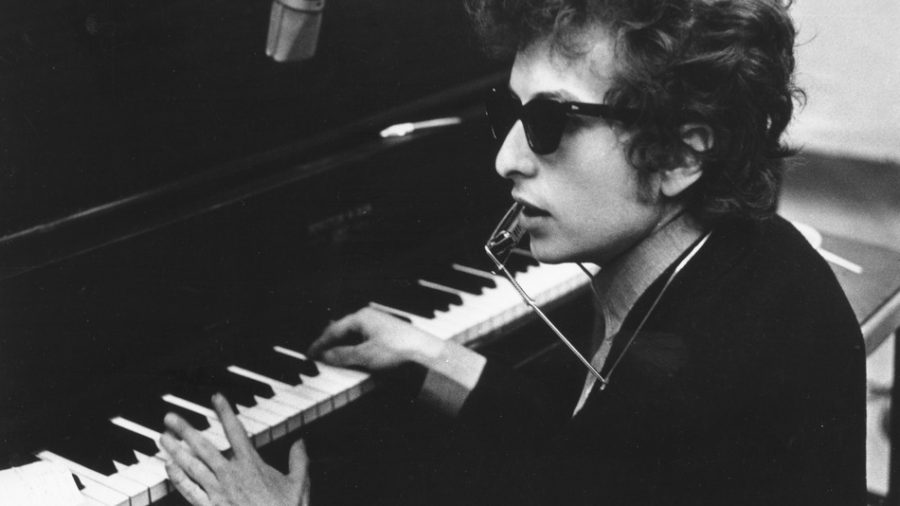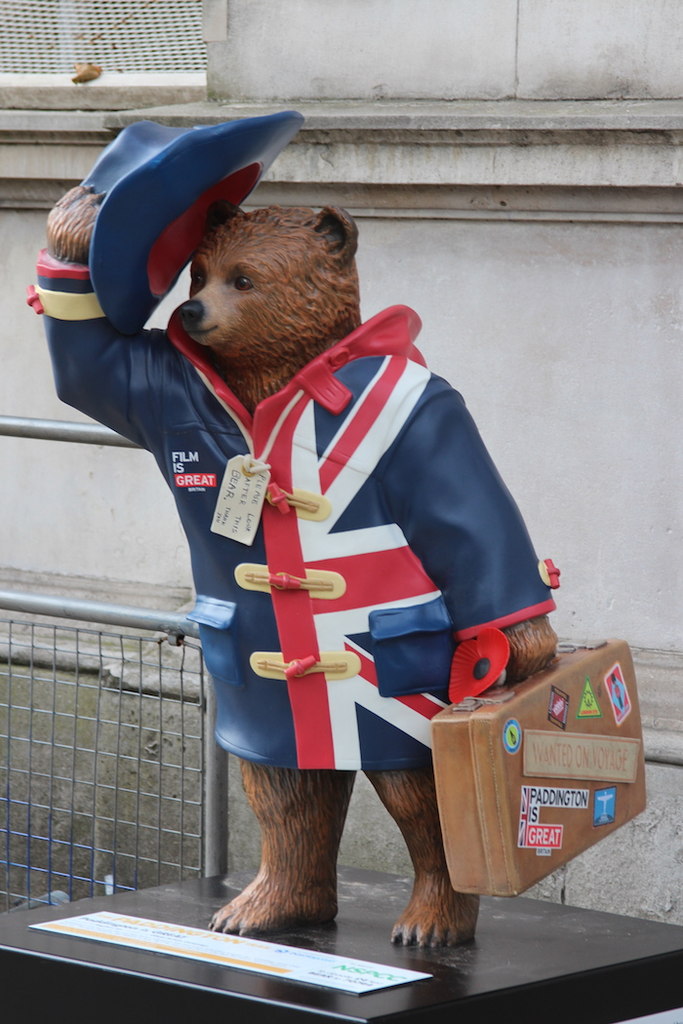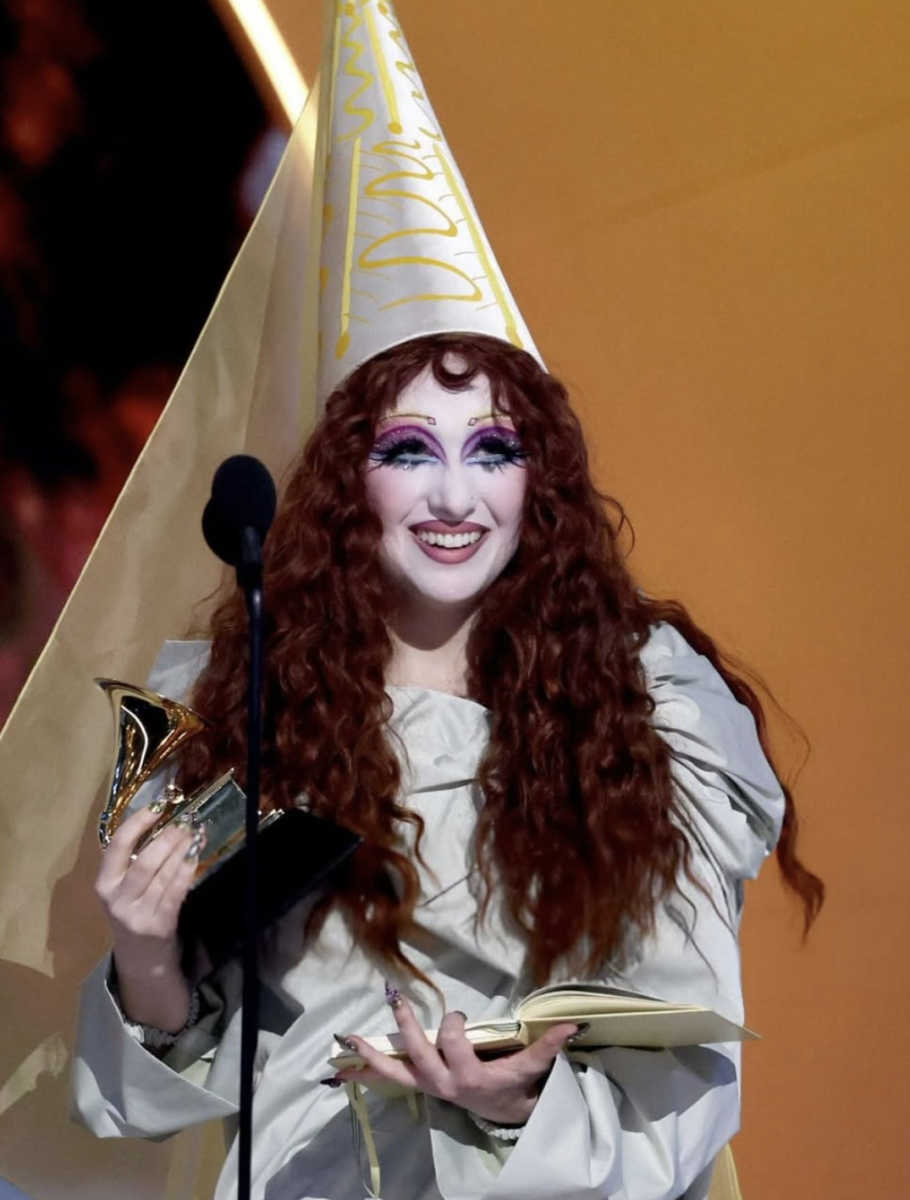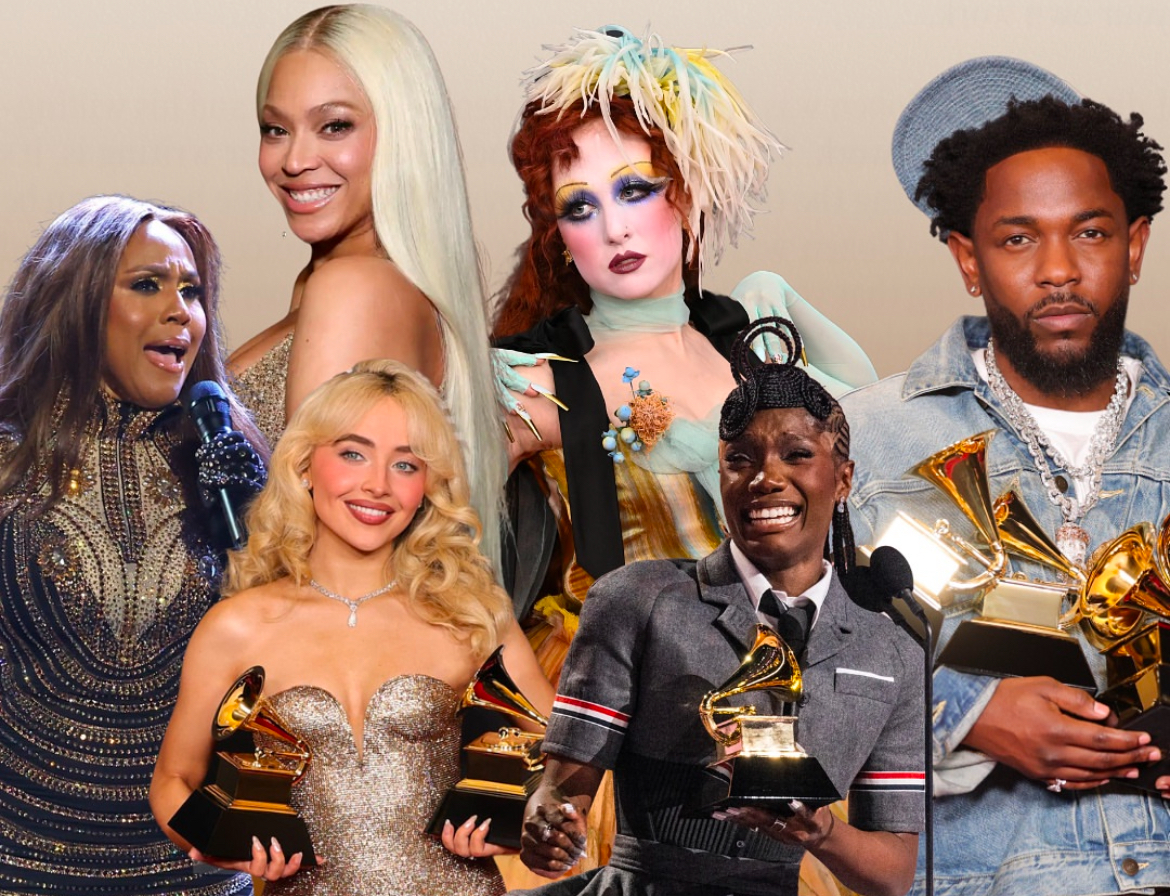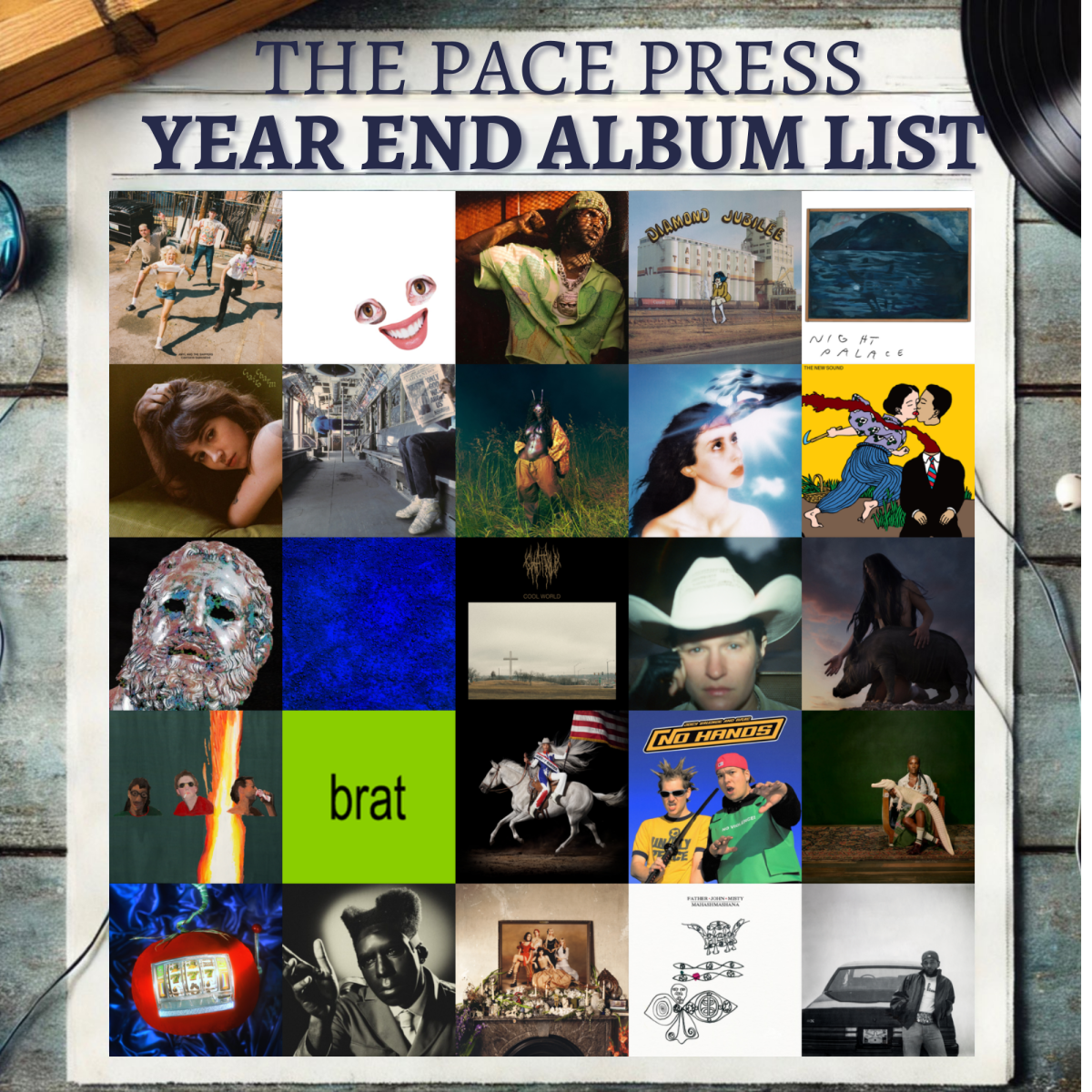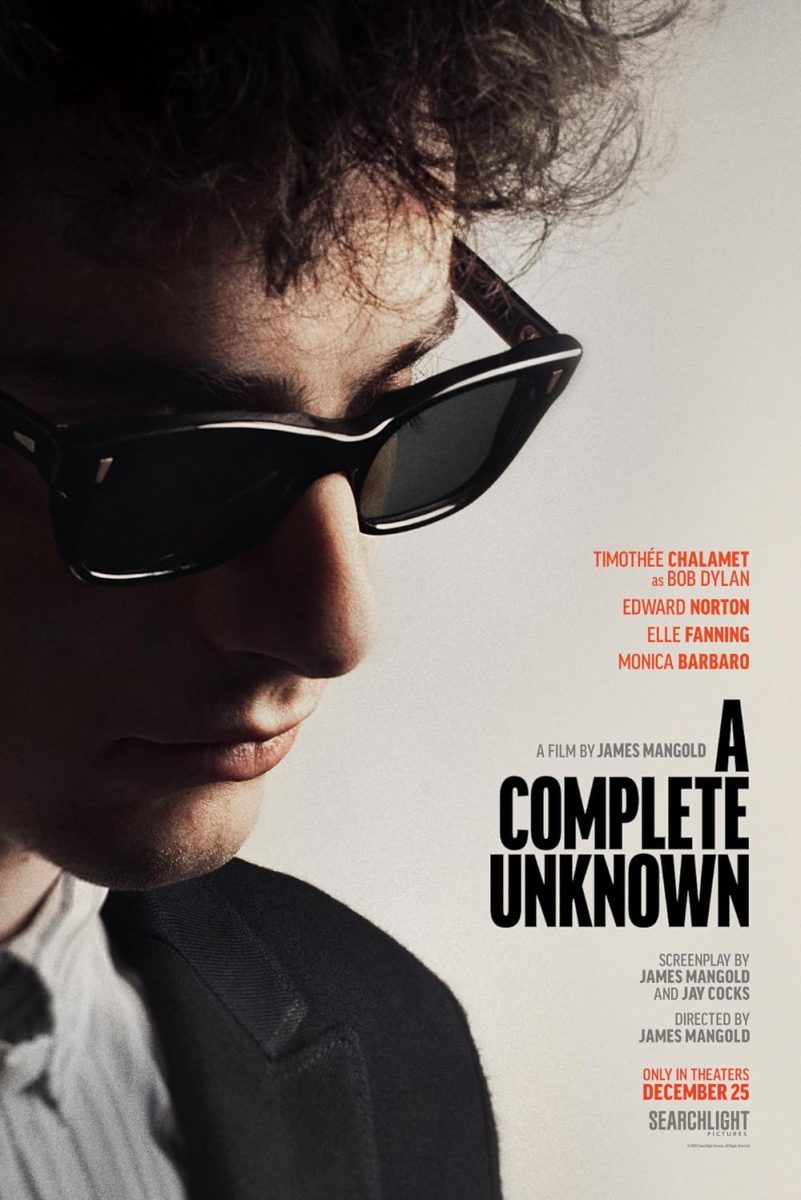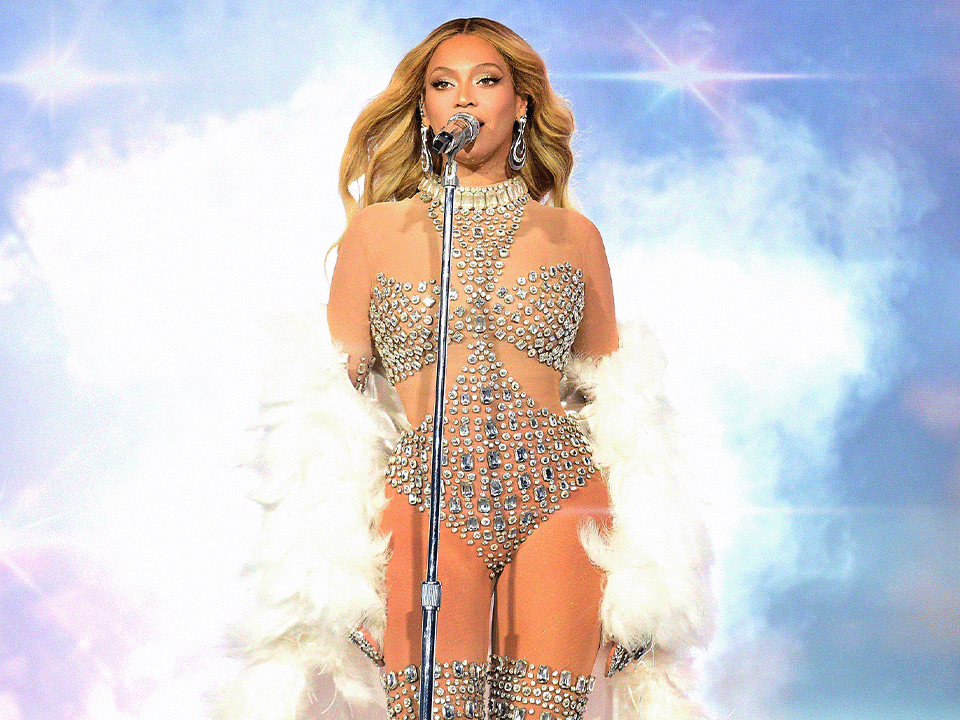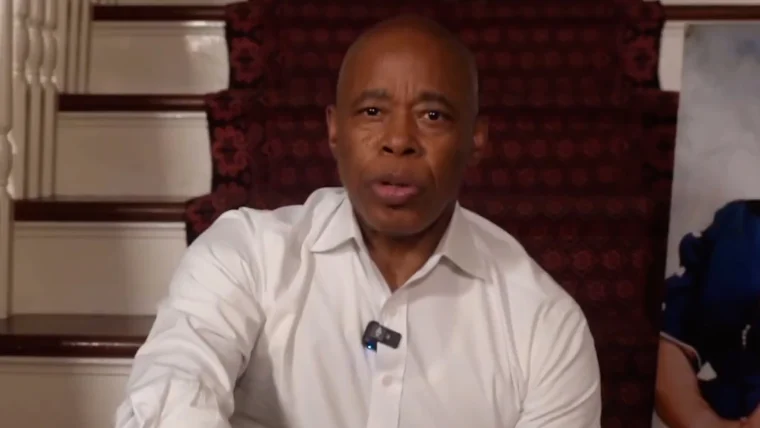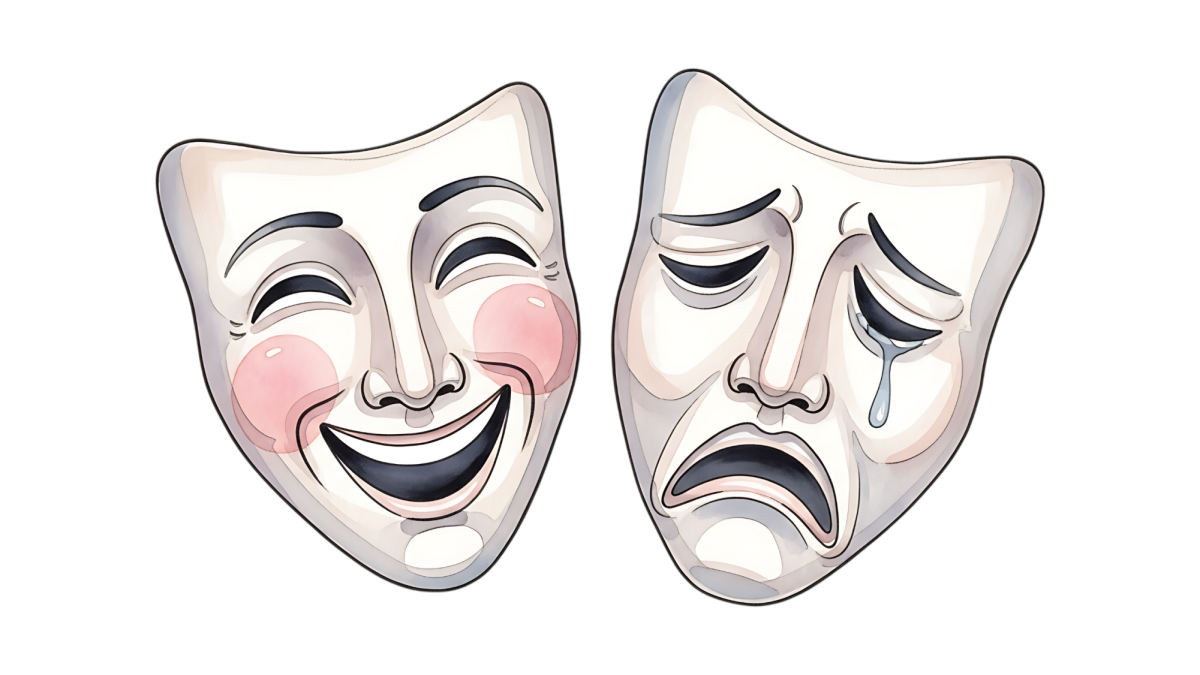On December 3, 1965 a leg swinging, chain-smoking 24-year-old Bob Dylan sat in front of an eager crowd of journalists patiently waiting for their chance to ask the young singer-songwriter about his soon-to-be-released, now classic album, “Bringing It All Back Home.” He was introduced by a Columbia records representative who was insistent that “Dylan is a poet. He will answer questions about everything from atomic science… to riddles and rhymes.” This astounding duality in Dylan’s work and his ability to bridge the modern world’s many absurd dissimilarities into one cohesive whole is exactly why he has been awarded the Nobel Prize for Literature some 55 years later.
The news came early on the morning of Thursday, October 13. A press release put out by the Swedish Academy, the organization responsible for awarding Nobel prizes, states that this honor has been bestowed upon Dylan, “for having created new poetic expressions within the great American song tradition.”
For many, this came as a pleasant surprise. Not only is Dylan the first American to win the Nobel Prize for Literature since the great novelist Toni Morrison back in 1993, he is the first musician to ever be recognized by the Swedish Academy as deserving of the Literature prize. But of course, he didn’t win solely for his music—he won the prize for the deeply insightful lyricism around which his music revolves. Dylan became famous in the 1960’s for his “protest songs” such as “Hurricane” and “Blowin’ In The Wind”. An avid pro-civil rights and anti-war activist, Dylan has used his lyrics to speak truth to power in groundbreaking ways.
Being the word-slinger he is, Dylan’s lyrics infuse scathing political criticism with surrealist poetry, his influences ranging from Arthur Rimbaud to Charles Baudelaire. In conjunction with Dylan’s wit and prophesy, this is accomplished with the inspiration of Shakespeare and even the Bible. Dylan has, through his career, possessed an unprecedented ability to reconcile the differences between insider and outsider culture, between “high” and “low” expression, between folk music and Beat poetry; it’s why he deserved the Nobel Prize.
Dylan is famous for challenging convention through his lyrics, music, and political outspokenness; his winning of the Nobel Prize for Literature is no less expanding. When asked whether Dylan’s win ushers in a newly broadened definition of literature, Sara Danius, permanent secretary of the Swedish Academy responded, “The times, they are a-changing, perhaps.”
This is not to say the announcement last Thursday came without controversy. While authors such as Stephen King, Joyce Carol Oates, and Samuel Beckett have come forward in support of the Academy’s decision, the New York Times, Vice, and Slate have all run op-eds since denouncing Dylan’s win, citing the fact that he has worked primarily in music, not literature. Novelists Jodi Picoult and Rabih Alameddine have also tweeted criticism. Professor Crosby of the University English Department knows culture inside and out; he has written for a Las Vegas publication as an art critic, is a published poet, and has been a lifelong fan of Dylan. In defense of the Swedish Academy’s decision, Crosby implores the uninformed to understand, “There’s two things to keep in mind about Dylan’s Nobel. First, the separation of lyrics and poetry is a historical–it’s called lyric poetry because in ancient Greece, poems were originally sung to the accompaniment of a lyre. Second, until the 18th Century, ‘literature’ was a capacious category that included all sorts of distinct genres.” The detractors of Dylan’s work may be in need of some reminding; “Don’t criticize what you can’t understand.”
University freshman, Matthew Smolsky, an aspiring rock and folk singer-songwriter, is a huge fan of Dylan. Smolsky mused, “Bob Dylan is one of my biggest inspirations as a songwriter. My father played him all times of day when I was a kid,“ he said. “He completely deserves his Nobel win. He changed the way most songwriters approach their work,” he concluded. Smolsky plays regularly at the Bitter End, one of the many clubs in Greenwich Village Dylan played at when he first arrived in New York back in 1960. Although he grew up in Hibbing, Minnesota, Dylan moved to New York City at the age of 19 to meet folk-legend and personal hero Woody Guthrie, and to get his start as a poet and musician.
New York City was where Bob Dylan got his start, where he signed to Columbia Records, and raised most of his children. He lived there for the most inspiring days of his career. The city inspired Bob Dylan to be the poet he is today. Now, one of New York’s own, he is a recipient of one of the greatest honors a person can achieve—the Nobel Prize for Literature.

